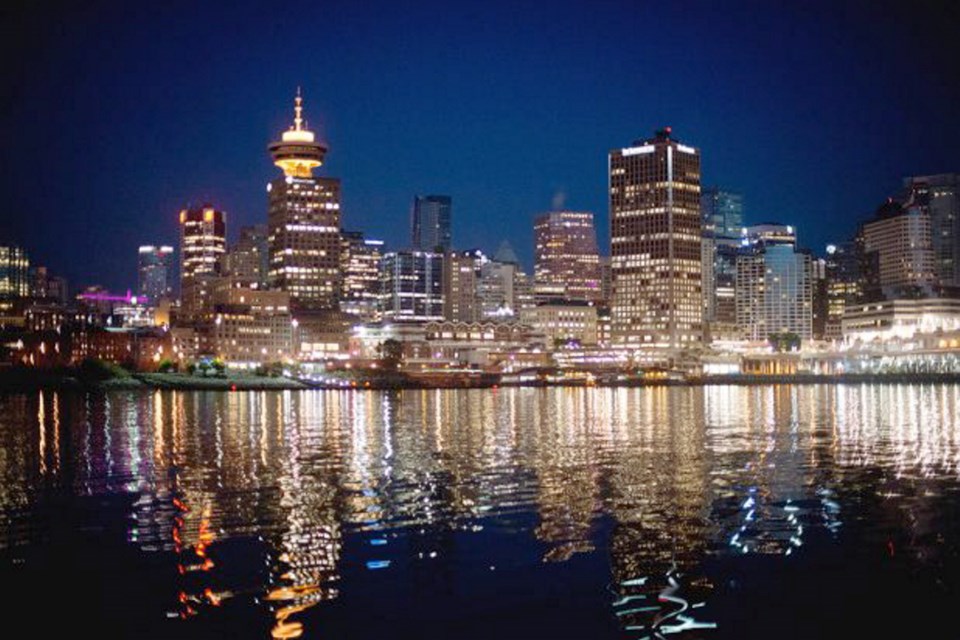VANCOUVER — Vancouver is behind other locales around the world in controlling skyrocketing house prices that are being affected by wealthy foreign buyers snapping up local properties, a University of B.C. professor says.
David Ley, a UBC geography professor, said cities such as Hong Kong, Singapore and London have already taken measures to restrict foreign ownership, such as stamp duties — or a transaction tax — in the Asian countries specifically to target non-local investment, and a capital-gains tax on foreign investments in the UK.
In Australia, overseas buyers will face jail time if they purchase homes illegally, and in the state of Victoria they will also be subject to a new tax equal to about three per cent of the purchase price.
The city of Vancouver, meanwhile, has announced plans to create a database of empty houses and condos to determine how much vacant properties contribute to the city’s affordability crisis.
“We aren’t really doing much of anything here at present, which puts us out of phase with most other cities,” Ley said. “As soon as any national group is mentioned, developers and the government say this is a xenophobic problem and we’re not paying attention to it. We need to know more about the investment. Is it coming from the region, the rest of Canada or outside Canada? We know there’s a high level of investment from outside Canada.”
The B.C. and federal governments had little to say about whether they would consider similar measures to what is happening elsewhere. The federal government said it does not speculate on possible policy decisions, while the B.C. government wanted more information to determine which ministry would be responsible.
In Australia, where overseas buyers are only allowed to purchase newly built homes and need the permission of the Foreign Investment Review Board, Prime Minister Tony Abbott announced this week that foreigners buying houses in that country will face jail time if they purchase homes illegally. The move is aimed at tightening scrutiny on overseas buyers at a time when record-low interest rates are driving up Sydney property prices five times faster than wages.
Approved overseas purchases of Australian homes more than doubled to A$34.7 billion ($32.9 billion in Canadian currency) in the year ended in June, mostly to Chinese buyers. House prices in Sydney ranked third among the least-affordable major metropolitan housing markets worldwide, after Hong Kong and Vancouver, according to a report in January by Demographia.
Ley noted Vancouver can likely expect more foreign investment, given Canada’s plunging Canadian dollar. This will continue to drive up the market, he notes, while putting homes even further out of reach of local buyers.
Buyers continued to snatch up homes in Metro Vancouver last month, and realtors are warning that the region’s real estate demand is outpacing the supply.
The number of all types of residential property sales last month was up 37 per cent over April 2014 to 4,179, according to the Real Estate Board of Greater Vancouver. Meanwhile, the number of new listings was down 0.9 per cent compared to a year earlier.
A total of 12,436 greater Vancouver homes are listed for sale on the Multiple Listing Service, down 0.5 per cent from March’s numbers and 19.8 per cent since April 2014.
Ley noted said it will be up to all three levels of government to bring in new regulations, which could mean similar measures to those in London and Hong, or possibly eliminating the property transfer tax for local buyers. Parts of Canada, such as Saskatchewan and P.E.I., already keep tabs on foreign ownership in the Agricultural Land Reserve, he added, and questions if this might be something that can be done on an urban basis.
“What you will be told, from the provincial government, and probably the feds, they are very keen to be part of the global market and don’t want to turn investment away,” Ley said.
Premier Christy Clark had said in February that when the province balances its budget and starts “making a dent on our debt,” it will start knocking down the property transfer tax because “it’s a drain on our economy.”
“Its one thing we can do to try to increase affordability,” she said at the time. “We’re not quite in a position to be able to do that yet but it is absolutely part of our long-term plan to get rid of it because it’s not good for affordability in B.C.”
Ley noted that the measures likely wouldn’t have a significant impact on the economy, noting that despite the limits in Hong Kong, for example, demand for property remains high. “The most likely thing to happen will be a cooling off what is a really hot housing market.”



